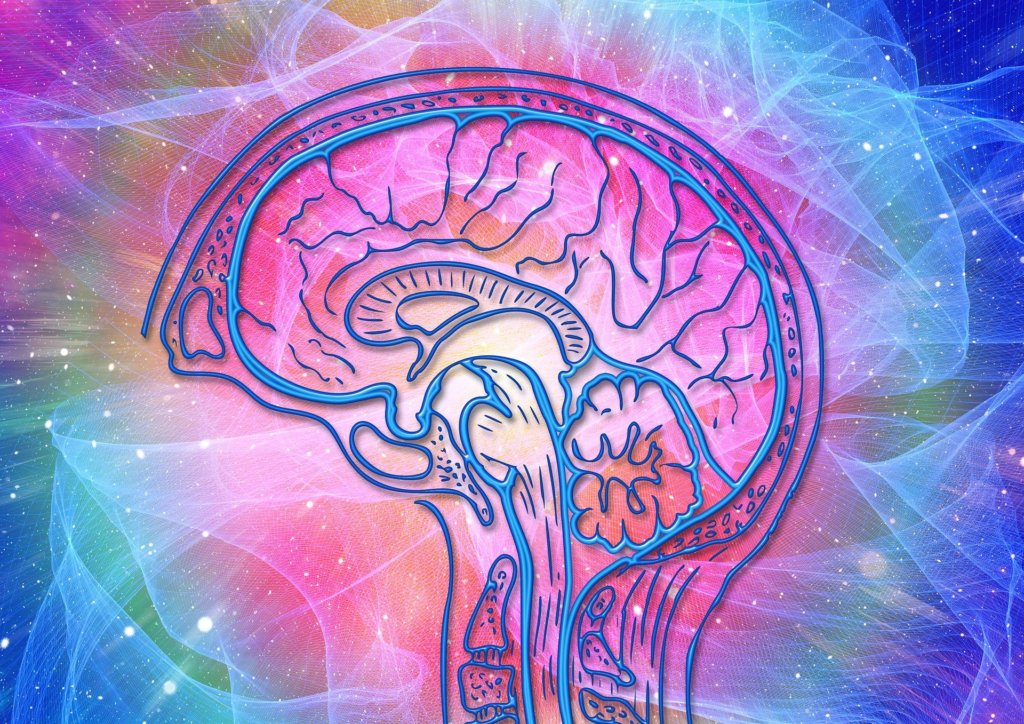

March 14-20 is Brain Awareness week, which is a good time to remind women about neurological issues they need to look out for and when to seek care. ‘
“Women face a lot of common brain issues, but particularly as we age, we go through some things that can really look like a memory problem and create a memory problem.
So one of those is just having a lot of stress. When we feel stressed, our brains can feel foggy, we might not get enough sleep and we might be preoccupied,” said Jessica Caldwell, PhD, Director of the Women’s Alzheimer’s Prevention Center at Cleveland Clinic.
Dr. Caldwell said another issue women face is the effects of menopause, which can impact sleep and cognition.
Women are also at greater risk for Alzheimer’s disease. Researchers are still trying to determine why. Symptoms include memory loss, confusion, repeating questions, trouble performing tasks, difficulty learning new information and poor judgement or reasoning.
Dr. Caldwell said it is important to note everyone experiences some forgetfulness from time to time.
“When you’re worried about your thinking, there are a few things you can think about and one of those is just that some forgetting is normal for any of us at any age. So just because you missed a meeting or you lost your keys one time, that doesn’t mean that you have a brain problem,” she said.
She said consider how often it’s happening and how severe it is. For example, rather than forgetting an old friend’s name, are you forgetting a family member’s name? If so, that’s a sign you should be evaluated by your physician.
more recommended stories
 Nanoplastics in Brain Tissue and Neurological Risk
Nanoplastics in Brain Tissue and Neurological RiskKey Takeaways for HCPs Nanoplastics are.
 AI Predicts Chronic GVHD Risk After Stem Cell Transplant
AI Predicts Chronic GVHD Risk After Stem Cell TransplantKey Takeaways A new AI-driven tool,.
 Red Meat Consumption Linked to Higher Diabetes Odds
Red Meat Consumption Linked to Higher Diabetes OddsKey Takeaways Higher intake of total,.
 Pediatric Crohn’s Disease Microbial Signature Identified
Pediatric Crohn’s Disease Microbial Signature IdentifiedKey Points at a Glance NYU.
 Nanovaccine Design Boosts Immune Attack on HPV Tumors
Nanovaccine Design Boosts Immune Attack on HPV TumorsKey Highlights Reconfiguring peptide orientation significantly.
 Rising Measles Cases Prompt Vaccination Push in NC
Rising Measles Cases Prompt Vaccination Push in NCKey Highlights 15 confirmed Measles cases.
 High-Fat Diets Cause Damage to Metabolic Health
High-Fat Diets Cause Damage to Metabolic HealthKey Points Takeaways High-fat and ketogenic.
 Chronic Brain Compression Triggers Neuron Death Pathways
Chronic Brain Compression Triggers Neuron Death PathwaysKey Takeaways Chronic brain compression directly.
 Texas Medical Board Releases Abortion Training for Physicians
Texas Medical Board Releases Abortion Training for PhysiciansKey Takeaways Texas Medical Board has.
 Acute Ischemic Stroke: New Evidence for Neuroprotection
Acute Ischemic Stroke: New Evidence for NeuroprotectionKey Highlights A Phase III clinical.

Leave a Comment